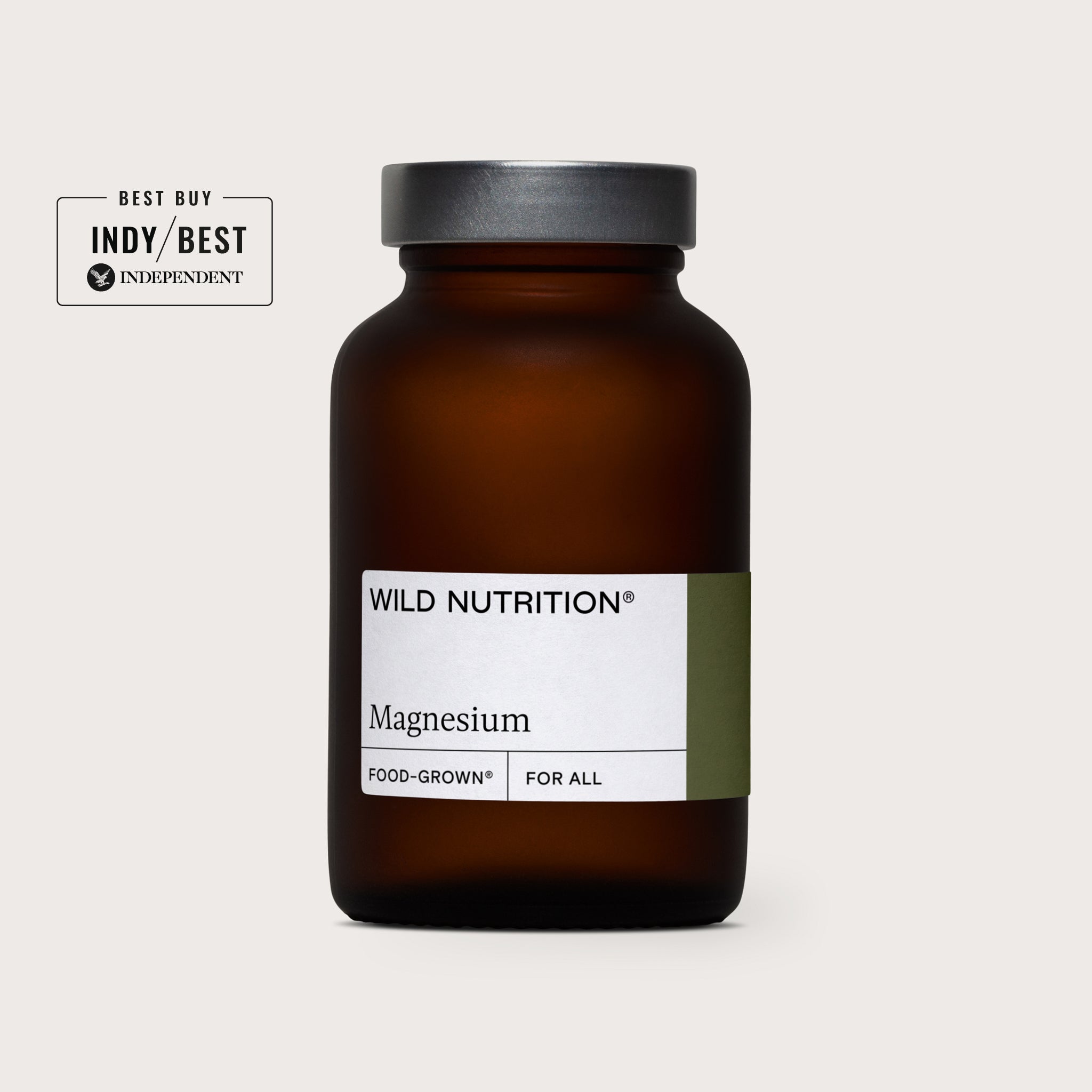
5 things you should know about protein
Written BY NICOLE SILVER, Nutritional Therapist at Wild Nutrition.
Once thought to be the preserve of ‘fitness fanatics’ and body builders, protein powders are now commonplace among health food store shelves. Whether consumers buy it to support a paleo regime, weight loss or even fertility, protein powders are in.
Traditionally protein powders have been whey isolate or casein based powders, often bulked out with artificial flavours and bulking agents. Now health food stores are abundant with beautifully designed protein pouches to suit your needs, whether rice, hemp, pea or whey protein. But do we really need all this extra protein?
Why do we need protein?
The amino acids found in protein form the building blocks of all the tissue in our body. They are needed to:
- Support detoxification processes
- Regulate inflammation
- Support the metabolism of nutrients
- Build and repair cells and body tissue
When we eat quality protein in our meals, it helps us to use the food as a longer-lasting source of fuel and energy. Without sufficient amounts of key amino acids, these functions can be compromised. Amino acids are split into two categories, essential and non-essential. Non-essential amino acids are those that the body can manufacture itself, while essential amino acids are obtained only through the diet. Animal protein provides all essential amino acids and is called ‘complete’ protein, whereas most plant proteins are not ‘complete’ but can be combined to do so.
Are we getting enough?
It is estimated that the majority of us eat, on average, up to 55% more protein per day than we require (45-55g per day, the equivalent of two palm-sized portions of meat, fish, tofu or pulses).
Therefore, it would be easy to assume that the answer is yes, we are getting more than enough. However, how the food is processed, reared and cooked can greatly affect both the quality of the amino acids and the nutrients it provides. There is a sizeable difference between a hamburger from a fast food chain and an organic chicken thigh, for example. This could mean that you are eating enough but may still be deficient in specific amino acids, and herein lies the problem with ‘estimated average requirement’.
What happens when we get too much?
Eating up to twice the ‘average’ requirement is not thought to be a cause for concern, unless you eat it to the exclusion of other food groups. However, excess animal protein from poor sources such as fast food or cured meats can put pressure on the kidneys and has been linked with kidney disease and kidney stones. Some experts also suggest that too much protein can negatively affect bone health. But this is less of a concern in plant proteins found in quinoa, pulses, hemp or pea, for example.
Do we need to supplement?
In cases where tissue repair and building may be in high demand, such as after intense bouts of exercise, during convalescence, or even genetic individuality, protein requirement can be higher. Vegan or vegetarian diets are also at greater risk of not meeting their ‘complete’ protein requirements and in these cases protein supplements can help to bridge that gap.
However, the protein isolates used in some whey, soy, egg or casein protein powders are obtained using a high temperature process that over-denatures the proteins to such an extent that it can affect how beneficial they actually are. It is also questionable whether soy-based powders may hinder the absorption of minerals including Zinc, Magnesium and Iron.
Simply adding an extra egg at breakfast or a tablespoon of mixed nuts into your soup or morning smoothie can support your quality protein intake. However, if finding this through your diet is not possible you may want to supplement with a good quality protein powder. My advice would be to choose more plant based forms unless under the guidance of a Nutritional Therapist or Dietician and check the labels as some protein powders or drinks can offer up to an extra 35g per serving!
Key sources of 'complete' proteins
- Chicken
- Oily fish
- Eggs (preferably free range or organic)
- Dairy products
Plant-based proteins:
- Soya beans & products (tempeh, tofu)
- Quinoa
- Amaranth
- Buckwheat
- Chlorella & spirulina
You can also mix other proteins, called ‘protein combining’, to create a complete protein.
- Whole grains: brown rice, barley, rye, millet, oats, wholegrain pasta
- Nuts/seeds: sunflower, sesame, hemp & pumpkin seeds, seed sprouts, almonds, walnuts, cashew nuts, nut butter (e.g. almond).
- Legumes: chickpeas, peas, black-eyed beans, kidney beans, bean sprouts, lentils
The best option is to combine these foods within one meal as this increases your body’s use of these amino acids by over 30%.
For more on the importance of protein, explore 'Eight ways to support your mitochondria' and 'Six nutrition tips to help manage your blood sugar'.












